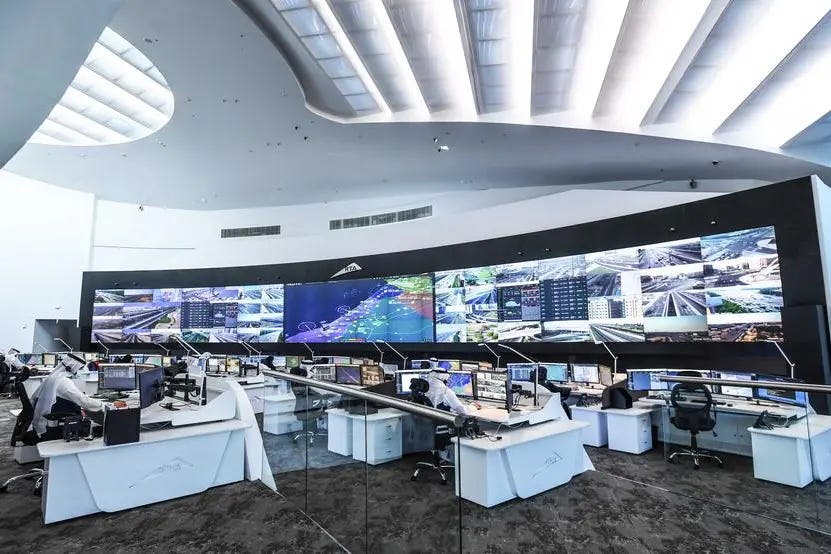Dubai's RTA Unveils Ambitious AI Strategy 2030 with 81 Transformative Projects
Dubai's Roads and Transport Authority (RTA) has launched its comprehensive AI Strategy 2030, outlining plans for 81 projects and initiatives aimed at leveraging artificial intelligence across its operations to enhance services, efficiency, and safety.
Key Details
The RTA's newly unveiled AI Strategy 2030 represents a significant step towards integrating cutting-edge technology into public transportation and infrastructure management in Dubai. The strategy encompasses 81 specific projects and initiatives designed to harness the power of AI across various domains. The primary goals include boosting operational efficiency, elevating service quality for residents and visitors, promoting environmental sustainability, and improving safety standards within Dubai's transport network. This strategic push aligns with Dubai's broader vision for becoming a leading smart city globally.
Strategic Pillars
The strategy focuses on four main pillars, demonstrating a holistic approach to AI adoption within the RTA:
Autonomous Transport: Accelerating the implementation of AI technologies in autonomous vehicles and smart mobility solutions.
Operational Efficiency: Using AI to optimize traffic management, route planning, asset maintenance, and energy consumption.
Customer Service: Enhancing the customer experience through personalized services, predictive support, and smart communication channels enabled by AI.
Data Analysis and Governance: Strengthening data infrastructure and utilizing AI for advanced data analysis to inform decision-making and improve forecasting.
These pillars aim to create a more intelligent, responsive, and sustainable transportation ecosystem.
Implementation Phases
The RTA's AI Strategy 2030 is structured for phased implementation:
Phase 1 (2023-2025): Focuses on foundational projects, establishing necessary infrastructure, and launching initial AI applications in key areas.
Phase 2 (2026-2028): Expands the deployment of AI solutions, integrates systems, and develops more complex AI capabilities.
Phase 3 (2029-2030): Aims for widespread AI adoption, continuous improvement, and solidifying Dubai's position as a leader in AI-driven transportation.
This phased approach allows the RTA to build capabilities incrementally and adapt to evolving technological landscapes.
Expected Impact
The successful implementation of the strategy is anticipated to yield substantial benefits. These include significant improvements in the efficiency of transport operations, leading to reduced congestion and travel times. Safety is expected to be enhanced through AI-powered monitoring and predictive analysis. The strategy also supports sustainability goals by optimizing energy use and promoting greener transport options. Ultimately, the AI initiatives are designed to deliver a superior and more personalized customer experience for everyone using Dubai's transport network.
Looking Ahead
The launch of the RTA's AI Strategy 2030 underscores the UAE's commitment to leveraging advanced technologies for public good and economic growth. For founders and tech professionals in the MENA region, this strategy signals significant opportunities for collaboration, innovation, and developing solutions aligned with the RTA's goals in areas like AI, data analytics, smart city technologies, and transportation. The focus on integrating AI across operations highlightsa clear demand for relevant expertise and technological partnerships in the coming years.
Source: Zawya Press Release


